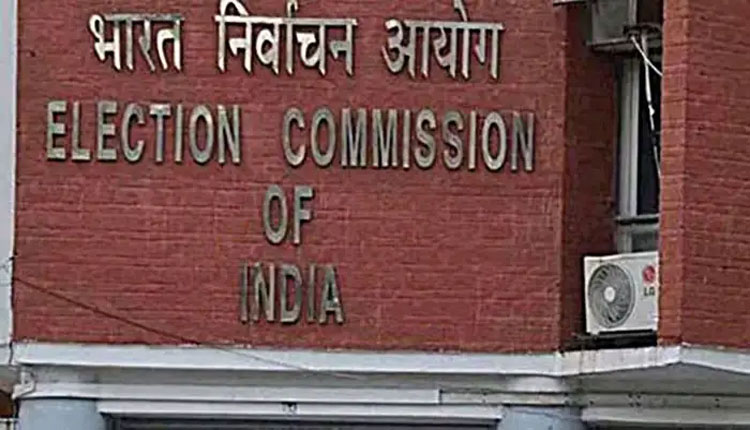New Delhi: Four former Chief Justices of India have raised concern over the much-praised powers vested in the Election Commission under the proposal of the BJP government to implement what is called the One Nation, One Election (ONOE) Bill to synchronise parliamentary elections and state assembly elections. This was raised by them in the recently held meeting of the Joint Parliamentary Committee (JPC), which discussed the 129th amendment to the constitution that is aimed at leading to simultaneous elections to houses of parliament across the nation.
The former Chief Justices J.S. Khehar and D.Y. Chandrachud appeared before the JPC on Friday, asking whether or not the power of the Election Commission to postpone elections in certain states conformed to the principle of the constitution. Both of them did not deny the fact that the bill does not contradict the Constitution’sbasic structure; however, they raised possible legal and practical obstacles. This is because Justice Khehar pointed out a need to be more categorical with the legislation, especially when it comes to issues of national emergency or the assembly of state prematurely. He also indicated that the central government or Parliament should be somehow left in the process of deciding schedules, other than just letting it solely be decided by the Election Commission.
Justice Chandrachud had taken a certain exception to Article 82-A(5) of the bill that gave the Election Commission the discretion to inform the President that an assembly election in a state be postponed should the state assembly poll not run simultaneously with Lok Sabha polls. He warned that such power can be considered to be arbitrary and that consequences of such power can infringe the right of equality under Article 14 of the Constitution unless it is really well-regulated. To counter this, he put forward limitations to the Election Commission where they would only delay elections when there is a clear threat to the order of the society or national security.
And earlier this year, former Chief Justice Ranjan Gogoi, a member of the Rajya Sabha, had raised the same issue when he said that the Election Commission had unlimited powers to determine the timetable of elections. In February, former Chief Justice U.U. Lalit also suggested improvements in the bill, such as checks on the powers of the Election Commission. Although committee hearings in parliament are secretive, information on the sources has shown that these criticisms are part of a wider demand against lax building oversights lest it lead to abuse of power.
The ONOE Bill has elicited controversy outside the circles of the law. The Congress and other opposition leaders have opposed the decision to dissolve the state assembly, citing the constitutional propriety of doing so prematurely before the end of the assembly term. There has also been concern regarding the feasibility of the elections being held in states where the rest of the period of an assembly is just a few months. Justice Khehar suggested that such a scenario should be catered to in the bill to put it in plain manner as to avoid interpretation problems.
One of the senior members of the JPC has termed the recommendations made by the former chief justices as welcome and that the committee is receptive to the task of improving the bill through professional guidance. According to the member, the aim of the committee is to ensure that constructive suggestions are included in the legislation by incorporating views of experts and the general population to toughen the law at the end of this policy-making for the forthcoming final report of the committee to the Parliament.
The fifth discussion on the ONOE Bill in the JPC was held on Friday, wherein maximum recommendations were read out by former Chief Justices Chandrachud and Khehar. The sensitivity of issues involving the protection of the constitutional provisions and that of the efficiency of elections is demonstrated in the manner in which they have questioned the powers being proposed by the Election Commission, which is bound to dominate the framing of the bill.



Comments are closed.